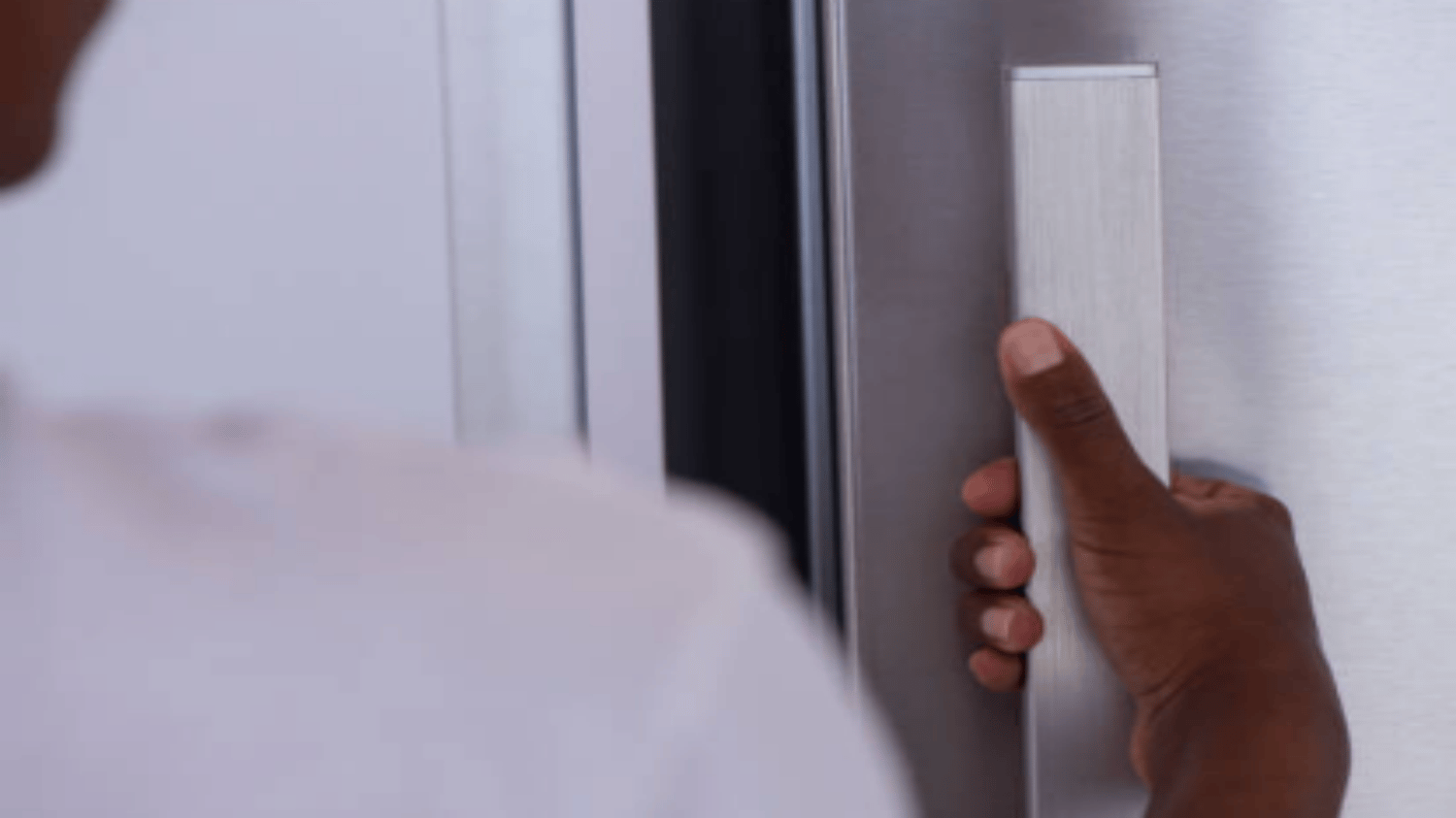Introduction
refrigerator door hinge repair is a common issue that many homeowners face. A faulty hinge can lead to a variety of problems, such as difficulty in opening or closing the door, improper sealing, and increased energy consumption. In this comprehensive guide, we will take you through the step-by-step process of repairing a refrigerator door hinge, ensuring that your appliance functions optimally once again.
Understanding the Anatomy of a Refrigerator Door Hinge
Before delving into the repair process, it is essential to understand the basic components of a refrigerator door hinge. A typical hinge consists of two main parts: the hinge itself and the hinge pin. The hinge is attached to the door, while the hinge pin connects the hinge to the refrigerator cabinet. These components work together to facilitate smooth door operation.
Identifying Common Problems
There are several common problems that can occur with refrigerator door hinges. These include loose hinges, squeaking or creaking noises, misalignment, and broken hinge pins. Identifying the specific issue is crucial for determining the appropriate repair method.
Tightening Loose Hinges
If your refrigerator door feels loose or wobbly, it is likely due to loose hinges. To tighten them, start by locating the screws that hold the hinges in place. Use a screwdriver or a wrench to tighten these screws clockwise until the hinge is firmly secured to the door and the cabinet. Checking and tightening the screws on both the top and bottom hinges is recommended.
Dealing with Squeaking or Creaking Noises
Squeaking or creaking noises when opening or closing the refrigerator door can be irritating. Fortunately, this issue can often be resolved by applying lubrication to the hinge areas. Use a silicone-based lubricant or a small amount of cooking oil to lubricate the hinge pins and any other moving parts. Open and close the door several times to ensure the lubrication spreads evenly and the noise is eliminated.
Realigning Misaligned Doors
A misaligned refrigerator door can lead to poor sealing, resulting in energy loss and potential food spoilage. To realign the door, start by loosening the screws on the hinge that connects the door to the cabinet. Gently adjust the position of the door until it is aligned properly with the refrigerator opening. Once aligned, tighten the screws back in place, ensuring a snug fit.
Replacing Broken Hinge Pins
If your refrigerator door hinge pin is broken or severely damaged, it will need to be replaced. Begin by removing the screws that secure the hinge to the door and cabinet. Carefully lift the door off the hinge and set it aside. Next, remove the broken hinge pin from the hinge by tapping it gently with a hammer and a nail punch. Insert the new hinge pin into the hinge and reattach the door to the cabinet using the screws.
Preventive Maintenance for Longevity
Regular preventive maintenance can greatly extend the lifespan of your refrigerator door hinges. It is advisable to inspect the hinges periodically for any signs of wear or damage. Lubricating the hinge pins annually and tightening loose screws can help prevent major issues from arising. Additionally, ensuring proper alignment and avoiding excessive weight on the door can also contribute to hinge longevity.
Conclusion
Repairing a refrigerator door hinge is a relatively simple task that can save you both time and money. By following the steps outlined in this comprehensive guide, you can address common hinge problems and restore the functionality of your refrigerator door. Remember to perform regular maintenance to prevent future issues and enjoy a well-functioning refrigerator for years to come.

